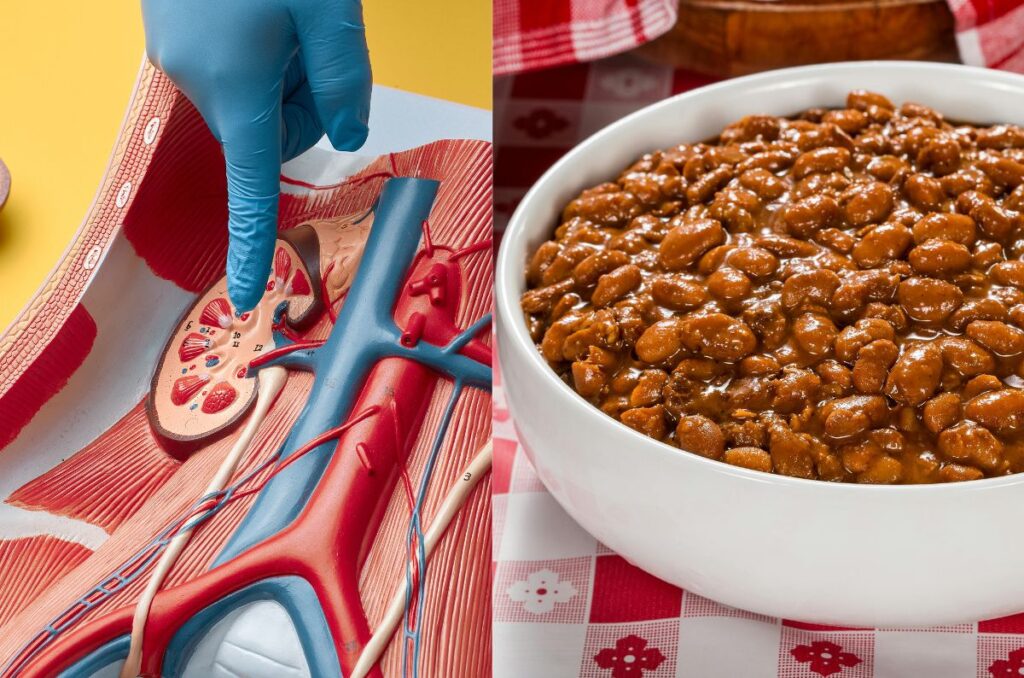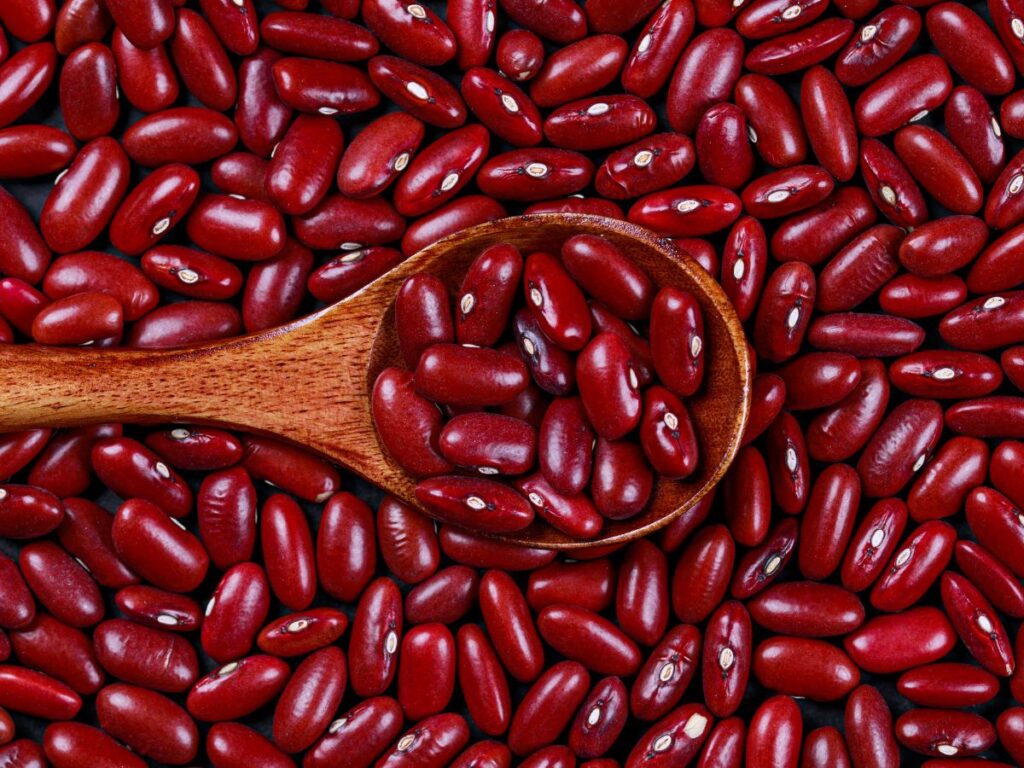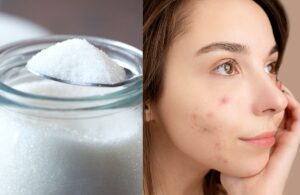Myth or Fact: Are Kidney Beans a Natural Cure for Kidney Problems?

Myth or Fact: Are Kidney Beans a Natural Cure for Kidney Problems?
Kidney beans, also known as rajma in India, are one of the most popular foods, loved for their taste and health benefits. Because of their name and shape, many people believe they are directly good for the kidneys or can even repair kidney damage. But is that really true? Let’s break down what these red beans actually do for your health, the good, the bad, and the myths.
Why They’re Called “Kidney” Beans
Kidney beans got their name because of their kidney-like shape and deep red color. They’re a staple in many Indian dishes, like rajma chawal, and are also used worldwide in soups, stews, and salads. They’re packed with nutrients, low in fat, high in protein, and full of fiber, minerals, and vitamins. This makes them a healthy choice for most people. But the name “kidney” doesn’t mean they magically heal or fix kidney problems.
What’s Inside: Nutrients That Support Health
A single cup of cooked kidney beans contains protein, complex carbohydrates, fiber, iron, folate, magnesium, and potassium. These nutrients help with heart health, blood sugar control, and digestion. Because kidney beans are rich in antioxidants, they can help the body fight inflammation and reduce cell damage, both of which are good for overall health, including kidney support.
Beans are also a great source of plant-based protein. Replacing animal proteins (like meat or eggs) with beans can reduce the strain on the kidneys, especially for those at risk of kidney disease. That’s why plant-based diets are often recommended for maintaining kidney function.

When They Can Be Bad for the Kidneys
Even though kidney beans are nutritious, they can be risky for people who already have kidney disease. This is because they are high in potassium and phosphorus, two minerals that the kidneys remove from the blood. If the kidneys are weak, too much potassium or phosphorus can build up in the body, leading to serious health issues like irregular heartbeat or bone problems.
So, while beans can be healthy for most people, those with chronic kidney disease need to limit or adjust their intake. Doctors often suggest eating smaller portions (like half a cup) and balancing it with other foods lower in potassium and phosphorus.
Other Health Benefits
Kidney beans aren’t just good for kidneys, they help in many other ways.
They can:
- Improve heart health by lowering bad cholesterol.
- Control blood sugar levels due to their low glycemic index.
- Aid weight loss since they’re rich in fiber and protein, keeping you full for longer.
- Protect against certain cancers because of their antioxidant content.
These beans are also a healthy choice for people with diabetes or high cholesterol.
The Risks: What to Watch Out For
Eating raw or undercooked kidney beans can be dangerous. They contain a toxin called phytohaemagglutinin, which can cause vomiting, stomach pain, and diarrhea. To make them safe, always soak them overnight and boil them properly for at least 10 minutes before eating.
Kidney beans can also cause gas or bloating, especially for those who aren’t used to eating legumes. Starting with small portions and cooking them well helps reduce these effects.
Myth vs. Fact
Myth: Kidney beans can repair kidney damage.
Fact: Kidney beans cannot “repair” damaged kidneys. While they may support kidney function and reduce inflammation, they cannot reverse scarring or severe kidney disease.
Some studies show that eating more beans can help slow down kidney damage in early stages and reduce inflammation. However, there is no proof that they can heal or restore a damaged kidney. Think of them as a healthy food that helps maintain balance, not as a medicine.
Kidney beans are healthy, affordable, and full of nutrients. They’re great for your heart, blood sugar, and overall wellness when eaten the right way. But for people with serious kidney problems, moderation is key. Always soak, boil, and cook them well, and never eat them raw.
Disclaimer: This article is based on general information for educational purposes only and should not be taken as medical advice. People with kidney disease or other health conditions should always consult a qualified healthcare professional or dietitian before making changes to their diet.











